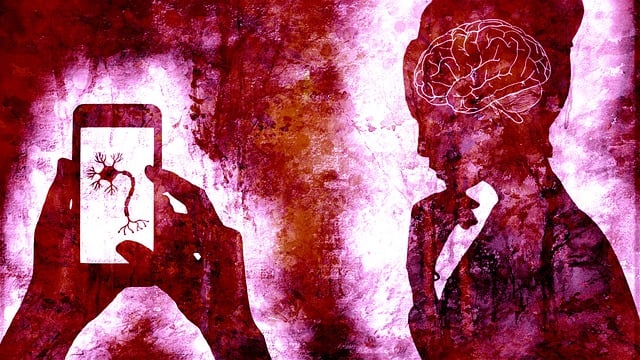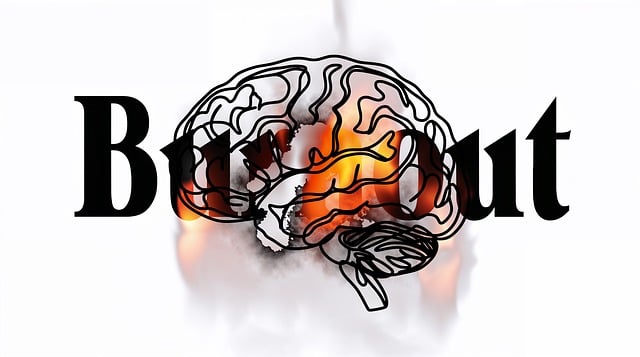Mental health stigma hinders access to resources and perpetuates discrimination, prompting societies to recognize its impact. Lafayette Crisis Counseling Therapy (LCT) leads efforts to combat this through education and specialized support, fostering inclusive environments that encourage open conversations about mental illness. LCT advocates for accurate, empathetic media portrayal of mental illness, challenging stereotypes with real-life narratives. Their comprehensive approach includes self-awareness exercises, cultural sensitivity in media representation, and targeted interventions, contributing to a society that embraces mental health awareness and supports diverse communities.
In today’s media landscape, the representation of mental illness plays a pivotal role in shaping societal perceptions and reducing stigma. This article delves into the complex interplay between media, public opinion, and mental health, specifically exploring the current state of portrayal in popular culture. We examine the devastating impact of negative stereotypes and offer solutions through ethical storytelling practices. Introducing Lafayette Crisis Counseling Therapy, an innovative approach dedicated to enhancing positive media depictions by fostering accurate and empathetic representations.
- Understanding Mental Health Stigma and Its Impact in Society
- The Role of Media in Shaping Public Perception of Mental Illness
- Exploring the Current Representation of Mental Health in Popular Culture
- Strategies for Accurate and Empathic Portrayal: A Case for Ethical Storytelling
- Lafayette Crisis Counseling Therapy: Innovative Solutions to Enhance Positive Media Depictions
Understanding Mental Health Stigma and Its Impact in Society

Stigma surrounding mental health is a pervasive issue that significantly impacts individuals and communities alike. Often stemming from misconceptions and lack of understanding, this stigma can lead to discrimination, isolation, and even deter people from seeking help. In societies like ours, where mental illness is increasingly recognized as a prevalent challenge, the impact of such negative perceptions cannot be understated. This subtle yet powerful obstacle often prevents folks from accessing crucial resources and services they need for recovery.
Lafayette Crisis Counseling Therapy highlights one of many efforts to combat this issue. By promoting awareness and offering specialized support, these initiatives aim to destigmatize mental health struggles. Incorporating programs that focus on Mental Health Education and design interventions with Cultural Sensitivity in Mental Healthcare Practice is vital. Ensuring healthcare providers undergo comprehensive training on cultural competency can foster inclusive environments, encouraging open conversations about mental illness. This collective approach towards challenging societal norms is a step towards creating a more supportive ecosystem for those facing mental health challenges.
The Role of Media in Shaping Public Perception of Mental Illness

The media plays a pivotal role in shaping public discourse and understanding of mental health issues. Portrayals of mental illness in films, television shows, and news coverage significantly influence how society perceives and treats individuals struggling with psychological conditions. Unfortunately, historical media representations have often perpetuated stereotypes, contributing to stigma and misinformed attitudes. For instance, the portrayal of individuals with severe mental illnesses as dangerous or unpredictable has led to increased fear and marginalization.
Lafayette Crisis Counseling Therapy emphasizes the importance of accurate representation in media to foster empathy and understanding. By promoting narratives that reflect the diversity of mental health experiences and emphasizing recovery stories, media can challenge these stereotypes. Adopting Mind Over Matter Principles, the therapy center encourages the development of coping skills and promotes open dialogue about mental health. Moreover, it highlights the crucial need for Risk Management Planning specifically designed for mental health professionals to navigate complex situations effectively while ensuring patient safety and well-being.
Exploring the Current Representation of Mental Health in Popular Culture

Strategies for Accurate and Empathic Portrayal: A Case for Ethical Storytelling

The accurate and empathetic representation of mental illness in media is crucial for fostering understanding and promoting emotional well-being. This involves a conscious effort to move away from stigmatizing stereotypes often perpetuated by mainstream narratives. By integrating real-life experiences and consulting experts like those at Lafayette Crisis Counseling Therapy, media creators can develop nuanced characters with depth and authenticity.
Such storytelling should prioritize sensitivity, ensuring that mental health issues are portrayed not as mere plot devices but as integral aspects of human lives. This includes depicting various forms of therapy, recovery journeys, and the diverse experiences within mental wellness coaching programs development. Ultimately, ethical media representation has the potential to revolutionize public perception, contributing to a society that embraces Mental Health Awareness and supports individuals in their pursuit of healing.
Lafayette Crisis Counseling Therapy: Innovative Solutions to Enhance Positive Media Depictions

Lafayette Crisis Counseling Therapy is a leading voice in the mental health community, advocating for innovative solutions to enhance positive media depictions. By combining evidence-based practices with cutting-edge strategies, they strive to improve public understanding of mental illness and reduce the stigma associated with it. Their approach includes integrating self-awareness exercises that empower individuals to recognize and manage their emotional well-being, fostering a sense of agency and resilience.
Moreover, Lafayette Crisis Counseling Therapy emphasizes cultural sensitivity in mental healthcare practice, ensuring diverse communities are represented accurately in media narratives. Through targeted interventions and community engagement, they promote Mental Health Awareness, encouraging open conversations and destigmatizing mental health issues. This holistic approach not only benefits individuals seeking support but also contributes to a more inclusive and empathetic society.
In conclusion, the article has explored the profound impact of media representation on public perception of mental illness, highlighting the need for accurate and empathetic storytelling. By understanding the complexities of mental health stigma and the role of media in shaping societal views, we can advocate for innovative solutions like those offered by Lafayette Crisis Counseling Therapy. Through ethical storytelling and enhanced media depictions, we have the power to foster a more compassionate and informed society, ultimately challenging the status quo and revolutionizing how mental illness is portrayed in popular culture.








